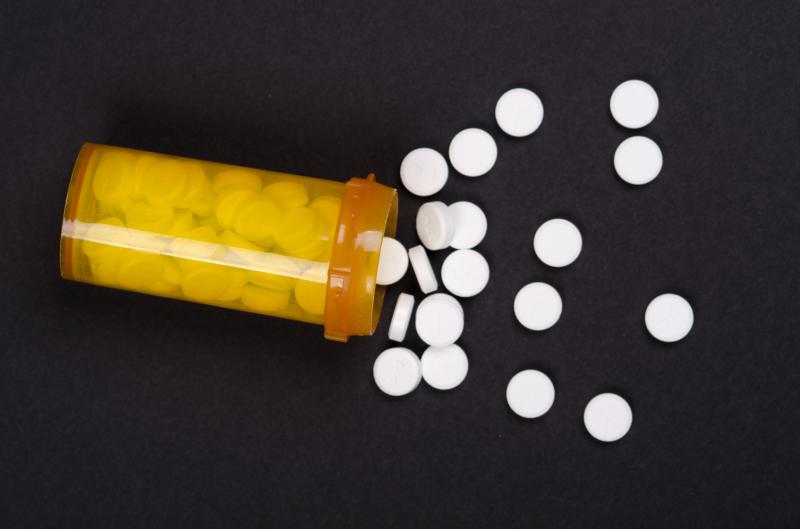
Use of high-dose steroids for long durations during antiprogrammed cell death protein 1 (anti-PD1) treatment appears to result in poorer survival outcomes, suggests a study.
“The advent of anti-PD1 therapy for cancer treatment has led to improvements in response rates and overall survival,” the investigators said. “However, anti-PD1 therapy has the potential to cause immune-related adverse events (irAEs), which can be treated with corticosteroids if severe.”
This retrospective, single-centre study sought to determine if the use of concomitant steroids influences the efficacy of anti-PD1 therapy. Fifty-five adult patients who received at least four cycles of nivolumab or pembrolizumab for the treatment of melanoma, nonsmall cell lung cancer (NSCLC), or renal cell carcinoma from November 2014 to February 2016 were included.
Participants treated with steroids (prednisone equivalent >10 mg) during anti-PD1 therapy were divided into two cohorts according to the duration of steroid administration of ≤2 weeks or >2 weeks. The investigators then assessed time to disease progression, overall response, and overall survival.
Of the patients, 27 (13 melanoma, 11 NSCLC, and three renal cell carcinoma) required steroids during anti-PD1 therapy. The median time to disease progression in these individuals was 5.6 months for melanoma, 5.8 for NSCLC, and 2.0 for renal cell carcinoma.
The overall response rates were 23 percent (3/13), 54 percent (6/11), and 33 percent (1/3) for melanoma, NSCLS, and renal cell carcinoma, respectively. Moreover, the median overall survival was 11.9 months for melanoma, 9.9 for NSCLS, and not reached for renal cell carcinoma.
Of the patients who had received steroids, 13 died, and 11 of these had been treated with prednisone >10 mg/day for >2 weeks.